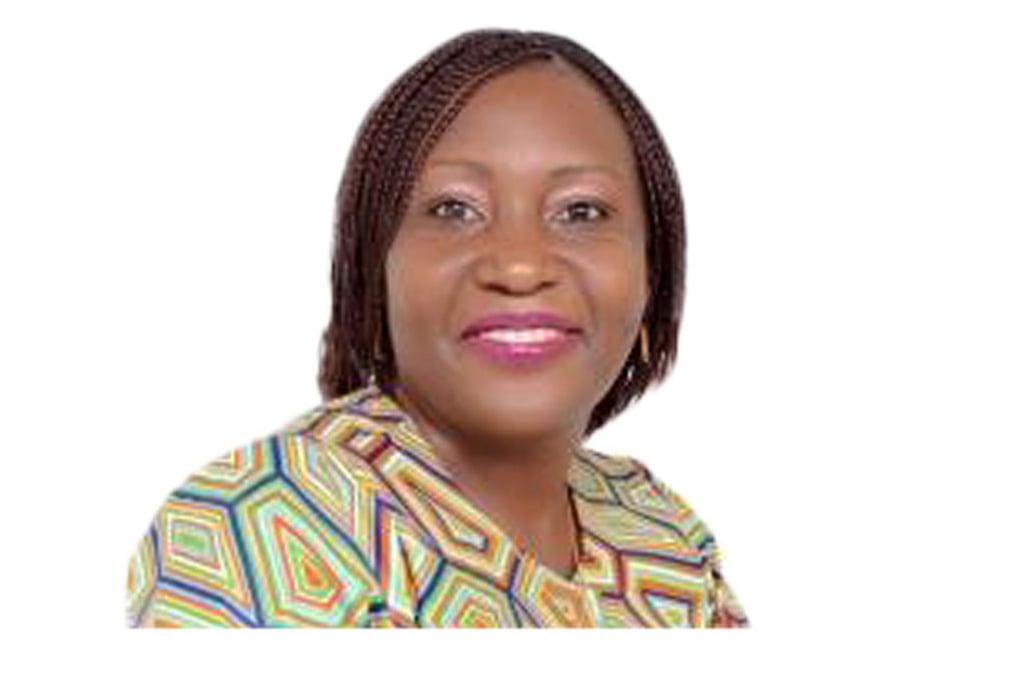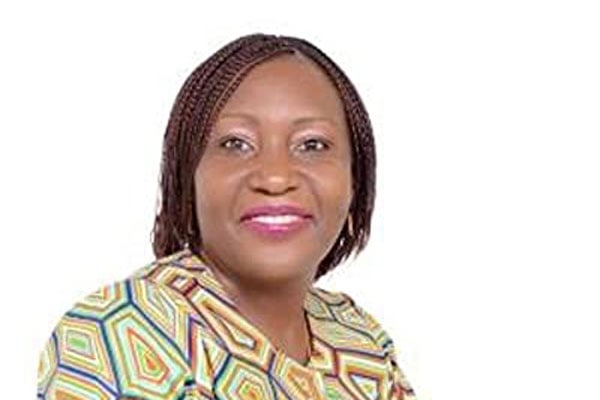Why failure feels better than regret

Ms Rosette Wamambe
What you need to know:
- Upon self-reflection, we observe that although we may not have accomplished what made us jump in the first place, we are stronger and have more wisdom.
Each of us has experienced both failure and regret in life because of the choices we may have made. However, despite the pains that failure can bring, I reckon that there is nothing more painful than regret when one sits down to evaluate their choices.
Last week, we saw that we can be able to create inspirations from our frustrations. This is because we learn more from the shots we take and miss, than those we do not take at all.
Perhaps this is why John Shedd noted that “a ship is safe in harbour but that is not what ships are built for”.
We were all meant for more and we can only experience this more when we dare out of our comfort zones and do that which scares us to avoid moving around with the weights and pains of regret.
Each of us will recall a time when you may have been thrown in the deep end without a life jacket, or when you have chosen to jump without any idea where you would end up.
The thing with such situations is that we never come out the same. This is because we get more information from the experiences we take somehow; we get out a little braver than the initial jump.
Upon self-reflection, we observe that although we may not have accomplished what made us jump in the first place, we are stronger and have more wisdom.
On the other hand, when we sit back and refuse to jump because of all the excuses we may come up with, we find ourselves in a stagnant pool of regret with nothing to evaluate or learn from.
What is certain is that regret often comes because we choose to play the safe card. We know that there is a probability of success but the fact that we are not too certain of winning, we instead allow fear to lead us.
Perhaps it is best that we heed the advice of my mentor John Maxwell and do more and fail more because this is how we get better and determine what may not be going well.
John observes that “determining what went wrong in a situation has value as this is what enables us to fail forward”.
Stephen Covey in his famous book The Seven Habits of Highly Effective People notes that highly effective people tend to be proactive. They align their actions with what they value and focus on what they can control rather than dwelling on what is out of their control.
It is safe then to argue that regret is often because of passivity. It usually comes because of inaction when we chose to focus on things, we have no control over and, therefore, fail to act.
Failure, on the other hand, comes from proactivity because one has a clear vision and purpose that they want to go after and are willing to take the risks involved since they have something of value that they want to achieve.
It follows, therefore, that failure will always feel better than regret because it allows us to not only learn from it, but it also closes any what if gaps of unfulfilled potential that may exist when we choose to sit back instead of taking a chance on the opportunities that could move us closer to our aspirations.
To this end, as we go after the goals we have set for this year, instead of waiting until everything needed to achieve these goals aligns, let us venture out and focus on the small actions we can take daily.
Keeping in mind that success occurs when we navigate the bumps, we encounter on the journey by taking calculated risks and conquering our fear of failure and avoiding the pains of regret.
Ms Rosette Wamambe is a transformational leadership coach with the Maxwell Certified Leadership Team [email protected]



